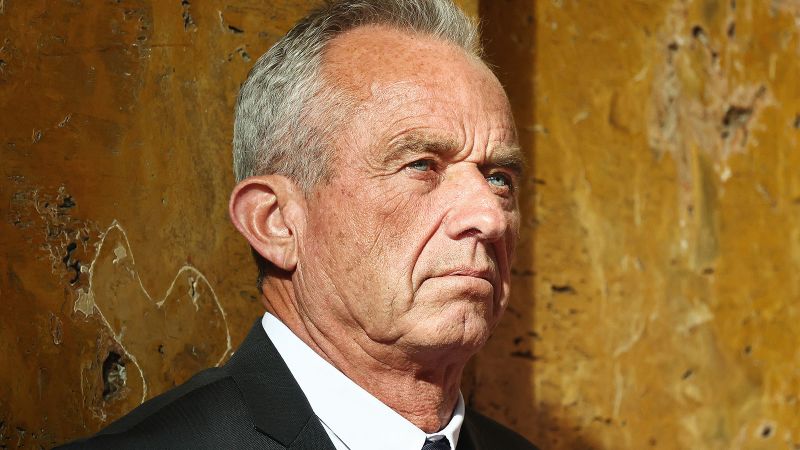Third-party and independent candidates, such as Robert F. Kennedy Jr., are seeing a surge in early polls for the upcoming presidential race. With an average of 13% support across five national polls, independent candidates are garnering attention in a race that is expected to be closely contested between Joe Biden and Donald Trump. However, historical precedent suggests that polling may overestimate support for third-party candidates, with many voters using their choice as a form of protest rather than a genuine preference for the alternative candidate.
While dissatisfaction with the major-party candidates is high, with 29% of US adults believing that neither Trump nor Biden would make a good president, the actual impact of third-party and independent candidates remains uncertain. While many Americans express support for the idea of a third major party, they often continue to vote for major-party candidates in elections. Polling on these challengers can be tricky, especially when considering the gap between awareness of a candidate’s existence and knowledge of their policies and positions.
The level of ballot access for independent candidates like Kennedy is still uncertain, as each state has its own process for candidates to appear on the ballot. Additionally, the shift from telephone to online polling methods adds another layer of complication, making it challenging for pollsters to capture off-the-cuff responses that could indicate true levels of support for third-party candidates. Experimentation with different polling approaches, such as including lesser-known third-party candidates in surveys, may provide a better understanding of the actual level of support for alternative candidates.
While pollsters are continuing to ask different questions about the general election, including additional candidates beyond Biden and Trump, the results may vary depending on the framing of the question. Despite the strong showing in early polls for third-party and independent candidates, it remains to be seen whether this support will translate into actual votes in the upcoming election. Overall, polling on alternative candidates adds further uncertainty to an already closely contested presidential race between the major-party candidates.


